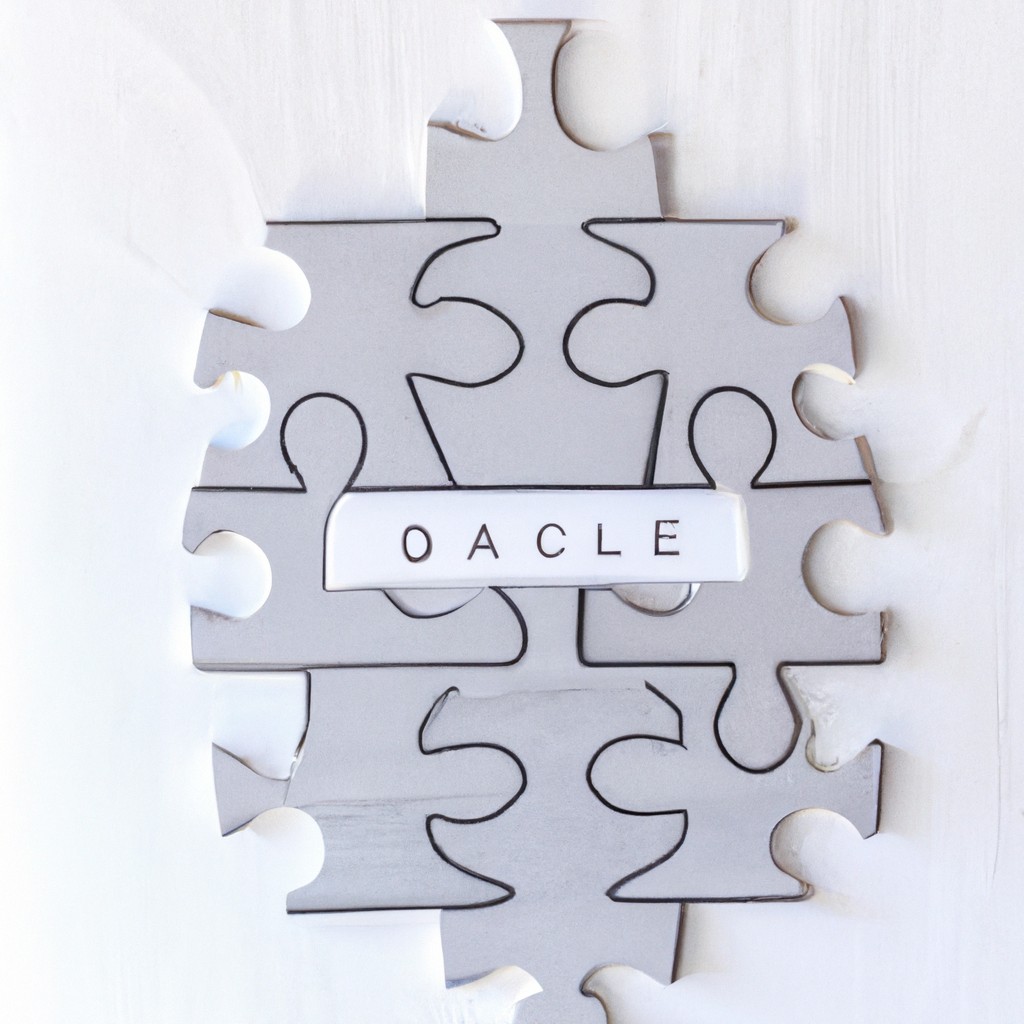Shifting cultural norms

Shifting cultural norms are a reflection of our ever-evolving society. From traditional values to modern beliefs, change is inevitable. The dynamism of culture shapes our perceptions and interactions, challenging established norms. Embracing diversity fosters understanding and unity. As individuals adapt to new ideas, acceptance grows. Cultural shifts provoke introspection and dialogue within communities. Breaking away from conformity, people celebrate their uniqueness. This evolution sparks creativity and innovation, enriching our collective experience. Acknowledging varied perspectives fosters empathy and connection. With each shift, we redefine our identities and collective humanity. Embracing change, we pave the way for a more inclusive and harmonious world.
Read more
Types of Social Norms

Social norms are unwritten rules shaping acceptable behavior in society. Descriptive norms reflect what most people do. Injunctive norms outline approved behaviors. Proscriptive norms detail actions seen as unacceptable. Subjective norms involve perceived expectations from others. Formal norms are official rules enforced by institutions. Informal norms are everyday behaviors reinforced by social approval.
These norms affect behavior, shaping interactions and societal harmony. Violating norms can lead to judgment and ostracism. Understanding and accepting social norms fosters cohesion and cooperation among individuals. Cultures worldwide have unique norms governing various aspects of life. Adherence to social norms is essential for the smooth functioning of communities and relationships.
Read more
Influence of Social Norms on Behavior

Social norms play a crucial role in shaping individual behavior within a society. These unwritten rules dictate acceptable actions, influencing how people interact and make decisions. The desire for social acceptance often leads individuals to conform to these norms, even if it goes against their personal beliefs. This influence can be seen in various aspects of life, from dress codes to ethical standards. When deviating from these norms, individuals risk facing criticism or rejection from their peers, reinforcing the power of social influence. Understanding the impact of social norms on behavior is essential for fostering a cohesive and harmonious society.
Read more
Consequences of Violating Social Norms

Violating social norms can lead to feelings of isolation and rejection from the community. People may face judgment and criticism for their actions, causing stress and anxiety. Social relationships may deteriorate, impacting mental well-being negatively. Individuals may struggle to regain trust and respect, leading to a sense of alienation. The consequences of such behaviors can have long-lasting effects on personal and professional life. Repairing damaged reputations and relationships often requires time and effort. Striving to adhere to societal norms can help maintain harmony and mutual respect within communities. Adhering to social expectations promotes a sense of belonging and acceptance.
Read more
Changing Social Norms

Changing social norms is a gradual process that requires patience and community involvement. When individuals realize the importance of accepting diversity and respecting others' choices, transformation begins. It involves challenging outdated beliefs and fostering inclusivity through open communication and education. By promoting empathy and understanding, society can break down barriers and create a more equitable and harmonious environment for all. Each small action contributes to a ripple effect that influences collective behavior and shapes the future. Embracing change and embracing diversity are key steps in building a more accepting and progressive society for generations to come.
Read more
Origins of Social Norms

Social norms are fundamental to human interaction, shaping behavior and fostering order within communities. These norms develop over time through a combination of cultural traditions, societal values, and individual experiences, serving as guidelines for acceptable behavior. The origins of social norms can be traced back to our innate desire for connection and belonging, as humans rely on shared expectations to create a sense of unity and cohesion. By adhering to these standards, individuals establish trust, cooperation, and mutual respect. Through the perpetuation of social norms, societies cultivate a harmonious environment where relationships thrive and collective well-being is prioritized.
Read more
Strategies for safeguarding democratic norms

Safeguarding democratic norms is crucial to uphold freedom and equality within society. To preserve democracy, transparency in governance is essential. Educating citizens about their rights and responsibilities helps empower them to actively participate in the democratic process. Promoting open dialogue and respectful debate fosters understanding and cooperation among diverse groups. Holding leaders accountable for their actions through independent oversight mechanisms ensures ethical governance. Upholding the rule of law and protecting the independence of the judiciary are fundamental in maintaining democratic principles. Respecting and protecting human rights for all individuals regardless of their background strengthens the foundation of a democratic society.
Read more
social norms

Social norms are the unwritten rules that dictate acceptable behavior within a given society. These norms shape our interactions and guide our actions. They provide a sense of belonging and unity. Social norms vary across cultures and communities, reflecting their unique values and beliefs. They can encompass a wide range of behaviors, from greeting someone with a handshake to wearing certain clothes for specific occasions. Social norms help maintain order and harmony in society, but they can also limit individual expression. Challenging social norms can be risky, as it may result in criticism or ostracism. However, it is through questioning and breaking norms that progress and change occur.
Read more
erosion of democratic norms

Democracy is a fragile system that relies on trust, transparency, and respect for the rule of law. However, in recent years, there has been a concerning erosion of democratic norms in many countries. This erosion is characterized by a growing disregard for democratic institutions, a weakening of checks and balances, and a rise in authoritarian tendencies. The erosion of democratic norms poses a significant threat to the principles of equality, freedom, and justice that underpin democracy. It undermines public trust in the political process, fosters polarization and division, and allows for the concentration of power in the hands of a few. To safeguard democracy, it is crucial for citizens to remain vigilant, hold leaders accountable, and actively participate in the democratic process.
Read more
Changing societal norms

Changing societal norms involve the shift in accepted beliefs, values, and behaviors within a society. Throughout history, societies have undergone significant changes, challenging traditional norms and paving the way for progress. These changes may occur in various aspects of life, such as gender roles, family structures, and attitudes towards race and sexuality. As societies evolve, old norms are reevaluated and new ones emerge, shaping the way individuals interact and perceive the world. Changing societal norms are often driven by cultural, political, and technological advancements, fostering inclusivity, equality, and a more open-minded society. Embracing and understanding these shifts is crucial for a harmonious and progressive future.
Read more












